Photographs: Babu/Reuters
India has been named among the top five Asian countries who lay heavy emphasis on corporate social responsibility (CSR) disclosure norms, says a survey.
According to social enterprise CSR Asia's Asian Sustainability Ranking, India ranked fourth in the list topped by Australia.
The 2009 ASR list was dominated by Australian companies, with eight out of the top 10 companies analysed coming from there, followed by India, the survey said.
However, the report further said that though there are increasing levels of disclosure in the Asian region, it still is generally poor compared with Europe and North America.
CSR India is a leading social enterprise that focusses on sustainable business practises in Asia. So check out the top Asian nations in CSR disclosure. . .
India: Rank 4
"In India we find surprisingly high levels of disclosure, particularly from large companies with recognised brands such as Tata and Infosys. Leading oil companies also have reasonable levels of disclosure," the report said.
The top 10 companies in India's CSR rankings include Tata Consultancy Services, ITC, Infosys Technologies, Larsen & Toubro, Reliance Industries, Oil and Natural Gas Corporation, Indian Oil Corporation, Bharti Airtel, Steel Authority of India Ltd, and NMDC Ltd.
Indian firms are most transparent in terms of governance, policies and code of conduct. They also provide more information than most companies on issues relating to community impact and development. Disclosure on environmental issues is also relatively high, the report said.
CSR disclosure: India ranks 4th in Asia
Image: The Sydney Opera House.Australia: Rank 1
Australia is the 9th most admired country in the world. It is a developed country with a good record on healthcare, life expectancy, quality of life, human development, public education, economic freedom.
Australian cities routinely top among the world's highest in terms of cultural offerings and quality of life.
Australia is a member of the United Nations, G-20 major economies, Commonwealth of Nations, ANZUS, OECD, and the WTO.
CSR disclosure: India ranks 4th in Asia
Image: Chinese currenciesChina: Rank 2
China has one of the world's oldest civilisations and is a rapidly developing and influential market economy.
China is the fastest growing major economy in the world. It now has the world's third largest nominal GDP -- 30 trillion yuan ($4.4 trillion). It is a member of the World Trade Organization and is the world's third largest trading power behind the US and Germany.
China's economic objectives were stated in the Three Step Development Strategy of 1987:
- To double the 1980 gross national product and to ensure that the people have enough food and clothing;
- To quadruple the 1980 GNP by the end of the 20th century and
- To increase per-capita GNP to the level of the medium-developed countries by 2050.
People's Republic of China is the largest country in East Asia and the most populous in the world with over 1.3 billion people, approximately one-fifth of the world's population.
CSR disclosure: India ranks 4th in Asia
Image: Job seekers go through vacancies beside a monitor at a Labour Department job centre in Hong Kong.Photographs: Bobby Yip/Reuters
Hong Kong: Rank 3
Hong Kong, a self-governing territory of the People's Republic of China, is a global metropolitan and international financial centre, and has a highly developed capitalist economy.
Its highly capitalist economy has been ranked the freest in the world by the Index of Economic Freedom for 15 consecutive years.
Hong Kong is one of the world's leading financial centres. The Hong Kong Stock Exchange is the sixth largest in the world.
Hong Kong's economy was affected by the Asian financial crisis of 1997. The dangerous H5N1 avian influenza also surfaced that year.
After a slow recovery, Hong Kong suffered a setback again because of an outbreak of SARS in 2003. However, today, Hong Kong continues to serve as an important global financial centre. The Hong Kong dollar has been pegged to the US dollar since 1983.
CSR disclosure: India ranks 4th in Asia
Image: A staff of the Tokyo Stock Exchange works at the centre where it monitors stock trading.Photographs: Kim Kyung-Hoon/Reuters
Japan: Rank 5
Japan is the second largest economy in the world, after the United States, with about $5 trillion nominal GDP and third after the US and China in terms of purchasing power parity.
It is home to some of the leading and most technologically advanced producers of motor vehicles, electronic equipment, machine tools, steel and nonferrous metals, ships, chemicals, textiles and processed foods.
Japan's main export markets are the US, European Union, China, South Korea, Taiwan and Hong Kong. Japan's main exports are transportation equipment, motor vehicles, electronics, electrical machinery and chemicals.
The island country's service sector accounts for three quarters of the gross domestic product. Japan ranks 12th out of 178 countries in the Ease of Doing Business Index 2008.
CSR disclosure: India ranks 4th in Asia
Image: Petronas Twin Towers, Kuala Lumpur.Malaysia: Rank 6
This Southeast Asian country consists of 13 states and three federal territories.Malaysia is separated into two regions, Peninsular Malaysia and Malaysian Borneo, by the South China Sea.
During the late 20th century, this Southeast Asian nation experienced an economic boom and underwent rapid development.
Manufacturing makes up a major sector of the country's economy.
CSR disclosure: India ranks 4th in Asia
Image: The Pakistani flag.It is the sixth most populous country in the world and has the second largest Muslim population after Indonesia.
It is still an undeveloped nation plagued by high levels of poverty, illiteracy, political instability and terrorism.
The country is listed among the Next Eleven economies and is the world's only Muslim-majority nuclear state.
CSR disclosure: India ranks 4th in Asia
Image: Tourists enjoy themselves at a lake in Philippines.The Philippines: Rank 8
The Philippines is the world's 12th most populous country, with an estimated population of about 92 million people.
It is estimated that there are about 11 million overseas Filipinos worldwide, equivalent to about 11 per cent of the total population of the Philippines.
Its national economy is the 47th largest in the world, with an estimated 2008 gross domestic product (GDP nominal) of over $168.6 billion (nominal).
CSR disclosure: India ranks 4th in Asia
Image: A tourist boat travels near the Merlion statue overlooking the Marina Bay Sands Casino site.Photographs: Tim Chong/Reuters
Singapore: Rank 9
Since its independence on August 9, 1965, Singapore's standard of living has risen significantly.
Singapore's is an export driven economy and is one of the Four Asian Tigers along with Hong Kong, South Korea and Taiwan.
It happens to be the 5th wealthiest country in the world in terms of GDP per capita.
Foreign direct investment and industrialisation have created a robust economy focused on industry, education and urban planning.
In 2009, the Economist Intelligence Unit ranked Singapore the 10th most expensive city in the world and third in Asia, after Tokyo and Osaka.
The current economic crisis, however, has affected the economy of this island nation to a great extent.
CSR disclosure: India ranks 4th in Asia
Image: A resort in Thailand.Thailand: Rank 10
Thailand is the world's 50th largest country in terms of area.
About 75 per cent of the population Thai, 14 per cent Chinese and 3 per cent Malay. The rest belongs to minority groups, including Mons, Khmers and other tribes.
Thailand experienced rapid economic growth between 1985 and 1995 and today is an industrialised country with an emphasis on exports. The country has a flourishing tourism industry and houses famous tourist destinations like Pattaya, Bangkok, and Phuket.

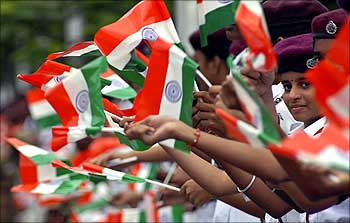
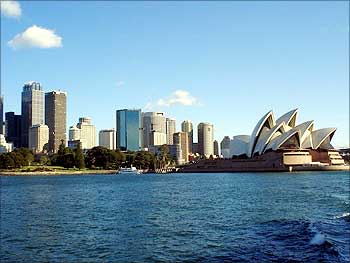
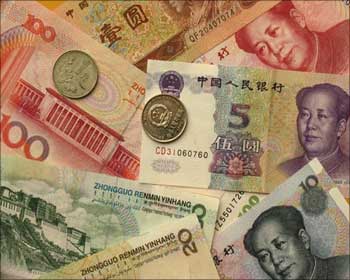
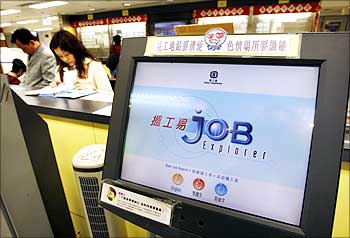
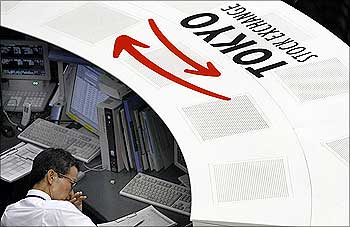
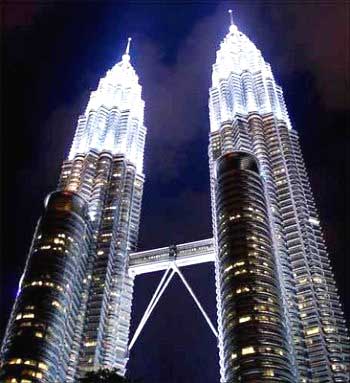
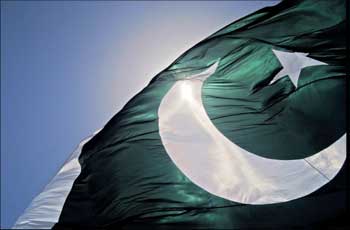
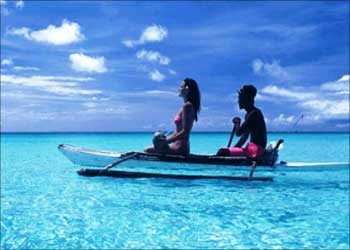
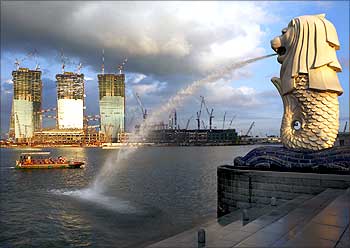
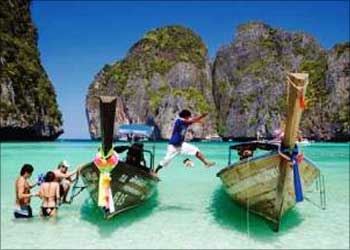
article